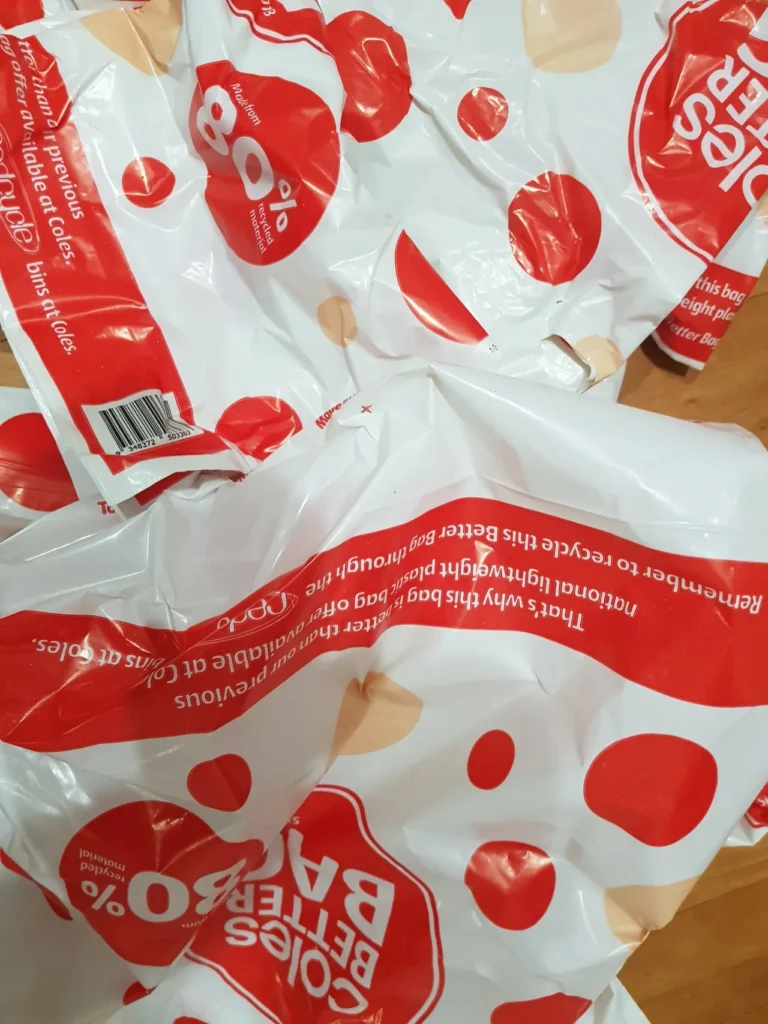
The Australian Marine Conservation Society has issued a call to action against heavyweight plastic bags sneaking their way back into shops and takeaway outlets.
“In bad news for ocean wildlife, many big retailers have been handing out thick plastic bags – circumventing bans on lightweight plastic bags in every state and territory,” the AMCS said.
Just like other soft plastics, heavyweight plastic bags are lethal to turtles, whales, and dolphins.
Western Australia has already acted, banning thick plastic bags by the end of the year. If we all put the pressure on right now, we can convince the other states and territories banning plastic bags is the popular thing to do.
The AMCS has started this petition, hoping that combined voices will take the momentum of the WA nationwide.
Any plastic bag is bad news for our oceans and our wildlife. Here are just a few reasons they need to go.
1. Turtles mistake them for food. New research indicates plastics like bags often smell like food to some turtles, due to the way bacteria and algae accumulate on plastics. Once inside their stomachs, they wrap around other plastics and cause life-threatening blockages.
2. Soft plastics can cause floater syndrome in turtles. When plastic bags get caught in their digestive tract, a buildup of gas causes the turtle to float on the ocean’s surface. Unable to dive for food, they slowly starve.
3. They entangle wildlife. Wild animals like turtles and seabirds get their flippers or legs stuck in bags, particularly if they have handles. Unable to reach the surface for a vital breath of air, this can lead to animals suffocating.
4. Plastic bags last for an estimated 20 years in the ocean – even longer for thick bags. Did you know a plastic bag was found at a depth of 10.9km in the Mariana Trench?
5. They’re difficult to recycle. If a plastic bag is put into a recycling bin, they can get caught in recycling machines causing a lot of damage. Despite plastic bag bans, we still use more plastic bags than programs like Redcycle can handle.


